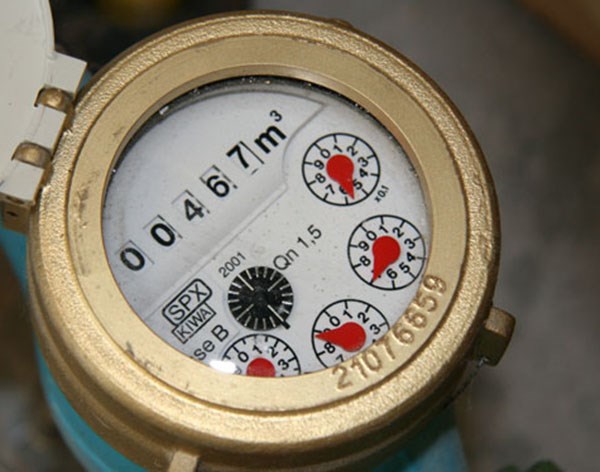The District of Squamish is taking steps toward a universal water metering system.
Last week, municipal staff presented council with four options detailing water monitoring and billing strategies. They included a range of programs, from not touching a thing to residents paying for the exact amount of water they use.
The district currently has a small-scale water-metering program, with 75 meters in the municipality. Of those, only eight metered facilities are billed on usage, municipal engineer David Roulston said.
If the district implemented universal water metering, 4,100 meters would need to be installed in Squamish. While billing customers on their actual water use promotes water conservation, builds a better understanding of the community’s water consumption and helps detect leaks, a universal water-metering program comes with significant costs, Roulston warned.
Council should be wary of looking at the metering program in isolation of the entire water system, said Joanne Greenlees, the general manager of financial services. Municipal officials estimate the district will have to pour $103 million into Squamish’s water utility infrastructure over the next 30 years. On top of that, the municipality is in the tail end of a four-year plan to increase its water utility rates by 60 per cent, she noted.
Staff aims to implement a water rate system by 2016. At the same time, 70 per cent of the district’s water infrastructure is going to need to be replaced within the next 10 to 15 years, Roulston said, warning council an expensive water metering program would divert funds away from the upgrades.
“It is going to put a significant strain on the ability to do that,” he said.
As a result, municipal staff recommended that council only expand the district’s existing metering program to industrial, commercial and institutional properties (ICI), bulk water users and district-owned facilities — an option four times cheaper than universal metering.
But council wasn’t having it. Officials said they want to push toward an over-arching system for all.
“Water metering and protecting our resources is a national priority now,” Coun. Susan Chapelle said. “I really think that unless you are measuring something you have no idea how much you are using.”
Taking it a step further than staff’s recommendation, council passed a motion that the district set up a system and equitable billing for ICI users and multi-family dwellings. The option would see 359 new meters installed in Squamish. Over 20 years, the cumulative cost of the initiative is estimated to be $3.47 million.
Officials also asked that staff bring back a strategy to consider a universal metering system — a program that comes with a $9.45 million price tag over 20 years. Officials estimate the long-term cost savings on the water system is approximately $2-3 million.
The bill for a universal water-metering system may be higher, but Coun. Doug Race said he is more concerned about the expense of having to increase the size of the community’s water system.
The more water the district conserves, the more money they save, Squamish Coun. Ted Prior said.
“We’ve got to make that decision at some point,” he said. “I think we would be good stewards to make that decision.”



